Last Saturday in Glasgow, a phenomenal trans rights rally took place protesting that the UK government had actioned S35 of the Scotland Act. Up to a thousand trans folk and allies chanted, waved trans flags and held up signs, the vast majority appropriate for the occasion.
Sadly, however, a few were not.
One read “Decapitate Terfs”, while another suggested that Terfs should “be eaten”. Needless to say, the trans-hostile media made capital out of such a silly own goal, ignoring the hundreds of perfectly good signs.
Terfs, (Trans Exclusionary Radical Feminists) can be any of any sex. Still, one of the current trends of the gender-critical movement is to claim trans activists are misogynists, conveniently forgetting that transmisogyny is an established word in the dictionary.
Are trans women hated?
By some, certainly – but I would like to make clear that my colleagues at TransLucent nor I approve of hate against women who, like trans women, are oppressed in areas such as gender imbalance in the workplace and government, suffering a differential in pay in comparison to men and simply shocking healthcare for conditions like endometriosis and PCOS.
Is this a complete list?
No, It certainly is not.
We fully understand that feelings are running high – that trans people and allies are utterly livid that the UK government have acted as they have. And just now, gender-critical women, even on the left of politics, see the Tories as the saviour of their cause.
Clearly, the team at Translucent and our allies are disappointed that trans liberation for our Scottish siblings has gotten stuck in the mud – but that doesn’t excuse hate.
So it’s OK to say we dislike or disagree with gender-critical people, as it is OK for them to say the same to us.
If Maya Forstater taught us anything, there is no “thought police” – but going so far as wishing harm to others is, frankly, not on.





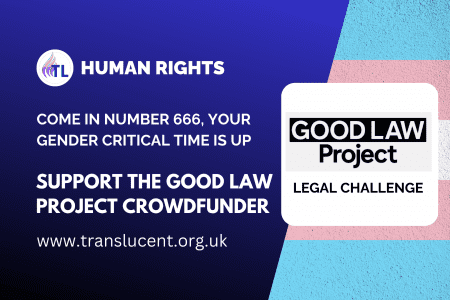
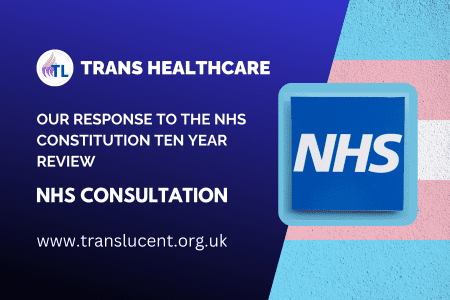
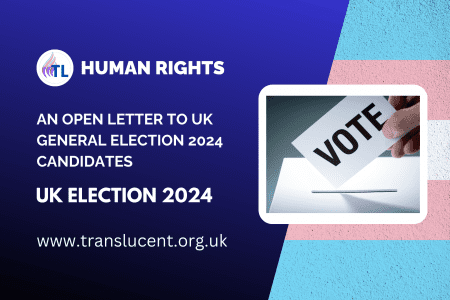
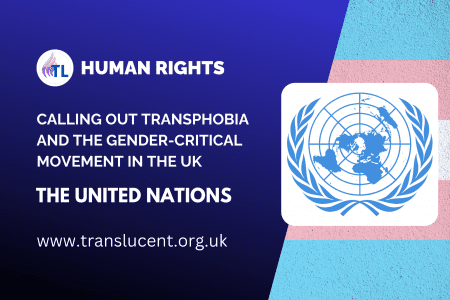
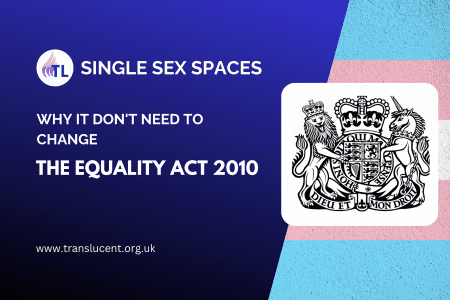

 To provide the best experiences, we use technologies like cookies to store and/or access device information. Consenting to these technologies will allow us to process data such as browsing behaviour or unique IDs on this site. Not consenting or withdrawing consent, may adversely affect certain features and functions.
To provide the best experiences, we use technologies like cookies to store and/or access device information. Consenting to these technologies will allow us to process data such as browsing behaviour or unique IDs on this site. Not consenting or withdrawing consent, may adversely affect certain features and functions.